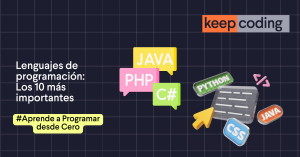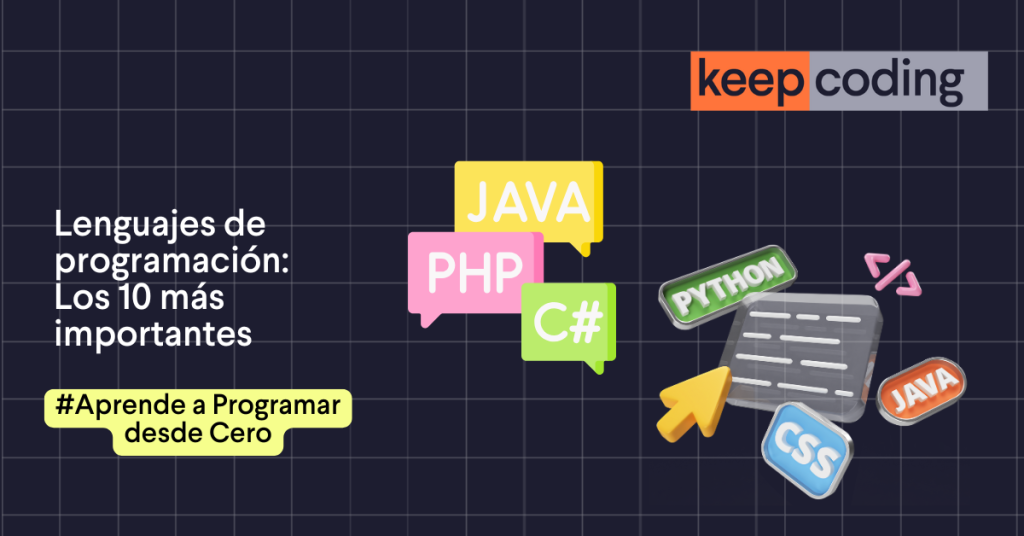En este post haremos el preprocesamiento en análisis de sentimientos con dataset de Twitter. En una primera entrega hicimos la descarga del dataset y la carga de datos dentro del mismo ejercicio.
Una vez tenemos todo configurado y entendemos los principios de Apache Beam, vamos a comenzar con uno de los pilares principales es la automatización; por ello, vamos a automatizar las tres fases que vamos a tener: el preprocesamiento, el entrenamiento y la inferencia.
Preprocesamiento en análisis de sentimientos con dataset de Twitter
Previo al preprocesamiento
Para el preprocesamiento en análisis de sentimientos con dataset de Twitter vamos a utilizar Apache Beam sobre el dataset en bruto para paralelizar el procesamiento y que sea lo más eficiente posible:
#Preprocesamiento en análisis de sentimientos con dataset de Twitter
import os
#Set the working directory to the sample code directory
%cd ./twitter-sentiment-analysis-batch/
WORK_DIR = os.getcwd ()![Análisis de sentimientos con dataset de Twitter [Parte 2] 1 Preprocesamiento en análisis de sentimientos con dataset de Twitter](https://keepcoding.io/wp-content/uploads/2023/03/image-84.png)
#Preprocesamiento en análisis de sentimientos con dataset de Twitter
! python3 preprocess.py
--work -dir $WORK_DIR
--runner DirectRunner
--input $WORK_DIR/data/training*.csv
--output $WORK_DIR/data/transformed_data
--mode train#Preprocesamiento en análisis de sentimientos con dataset de Twitter
! python3 preprocess.py
--work -dir $WORK_DIR
--runner DirectRunner
--input $WORK_DIR/data/test*.csv
--output $WORK_DIR/data/transformed_data
--mode testPreprocesamiento
#Preprocesamiento en análisis de sentimientos con dataset de Twitter
#Importamos librerías
from __future__ import absolute_import
import argparse
import logging
import re
import os
import csv
import random
from past.builtins import unicode
import apache_beam as beam
from apache_beam.io import ReadFromText
from apache_beam.io import WriteToText
from apache_beam.coders.coders import Coder
from apache_beam.options.pipeline_options import PipelineOptions
from apache_beam.options.pipeline_options import SetupOptions, DirectOptions
import nltk
from nltk.corpus import stopwords
from nltk.stem import SnowballStemmer
nltk.download ("stopwords")
#CLEANING
STOP_WORDS = stopwords.words ("english")
STEMMER = SnowballStemmer ("english")
TEXT_CLEANING_RE = "@S+ | https?: S+ | http?: S | [^A-Za-z0-9] + "
#Preprocesamiento en análisis de sentimientos con dataset de Twitter
class ExtractColumnsDoFn (beam.DoFn):
def process (self, element):
#space removal
element_split = list (csv.reader (element, delimiter = " , "))
element_split = [x for x in element_split if x != [" " , " "]]
#text, sentiment
yield element_split [5] [-1], element_split [0] [-1]
class PreprocessColumnsTrainFn (beam.DoFn):
def process_sentiment (self, sentiment):
sentiment = int (sentiment)
if sentiment == 4:
return "POSITIVE"
elif sentiment == 0:
return "NEGATIVE"
else:
return "NEUTRAL"
def process_text (self, text):
#Remove link, user and special characters
stem = False
text = re.sub (TEXT_CLEANING_RE, " ", str (text).lower ()).strip ()
tokens = [ ]
for token in text.split ():
if token not in STOP_WORDS:
if stem:
tokens.append (STEMMER.stem (token))
else:
tokens.append (token)
return " ".join (tokens)
def process (self, element):
processed_text = self.process_text (element [0])
processed_sentiment = self.process_sentiment (element [1])
tield f "{processed_text}, {processed_sentiment}"
class CustomCoder (Coder):
" " " A custom coder used for reading and writing strings " " "
def __init__ (self, encoding: str):
#latin - 1
#iso - 8859 - 1
self.enconding = encoding
def encode (self, value):
return value.encode (self.enconding)#Preprocesamiento en análisis de sentimientos con dataset de Twitter
def run (argv = None, save_main_session = True):
" " " Main entry point; defines and runs the wordcount pipeline. " " "
parser = argparse.ArgumentParser ()
parser.add_argument (
"--work-dir", dest = "work_dir", required = True, help = "Working directory",
)
parser.add_argument (
"--input", dest = "input", required = True, help = "Input dataset in work dir",
)
parser.add_argument (
"--output", dest = "output", required = True, help = "Output path to store transformed data in work dir",
)
parser.add_argument (
"--mode", dest = "mode", required = True, help = "Type of output to store transformed data",
)
known_args, pipeline_args = parser.parse_known_args (argv)
#Preprocesamiento en análisis de sentimientos con dataset de Twitter
#We use the save_main_session option because one or more DoFn's in this workflow rely on global context (e.g., a module imported at module level).
pipeline_options = PipelineOptions (pipeline_args)
pipeline_options.view_as (SetupOptions).save_main_session = save_main_session
pipeline_options.view_as (DirectOptions).direct_num_workers = 0
#The pipeline variable will be run on exiting the with block.
with beam.Pipeline (options = pipeline_options) as p:
#Read the text file [pattern] into a PCollection.
raw_data = p | "ReadTwitterData" >> ReadFromText (
known_args.input, coder = CustomCoder ("latin-1")
)
if known_args.mode == "train":
transformed_data = (
raw_data
| "ExtractColumns" >> beam.ParDo (ExtractColumnsDoFn ())
| "Preprocess" >> beam.ParDo (PreprocessColumnsTrainFn ())
)
eval_percent = 20
assert 0 < eval_perept < 100, "eval_percent must in the range (0 - 100)"
train_dataset, eval_dataset = (
transformed_data
"Split dataset"
>> beam.Partition (
lambda elem, _: int (random.uniform (0, 100) < eval_percent), 2
)
)
train_dataset | "TrainWriteToCSV" >> WriteToText (
os.path.join (known_args.output, "train", "part")
)
eval_dataset | "EvalWriteToCSV" >> WriteToText (
os.path.join (known_args.output, "eval", "part")
)#Preprocesamiento en análisis de sentimientos con dataset de Twitter
if __name__ == "__main__":
logging.getLogger ().setLevel (logging.INFO)
run ()Si quieres seguir aprendiendo, en KeepCoding te ofrecemos la posibilidad de formarte con grandes expertos, que te guiarán a través de los conocimientos teóricos y prácticos que, en unos pocos meses, te permitirán convertirte en un gran profesional del amplio y demandado sector IT. Échale un vistazo al temario de nuestro Big Data, Inteligencia Artificial & Machine Learning Full Stack Bootcamp y descubre esta formación de alta calidad e intensidad. ¡Solicita ahora mismo más información y da el salto que cambiará tu futuro!











